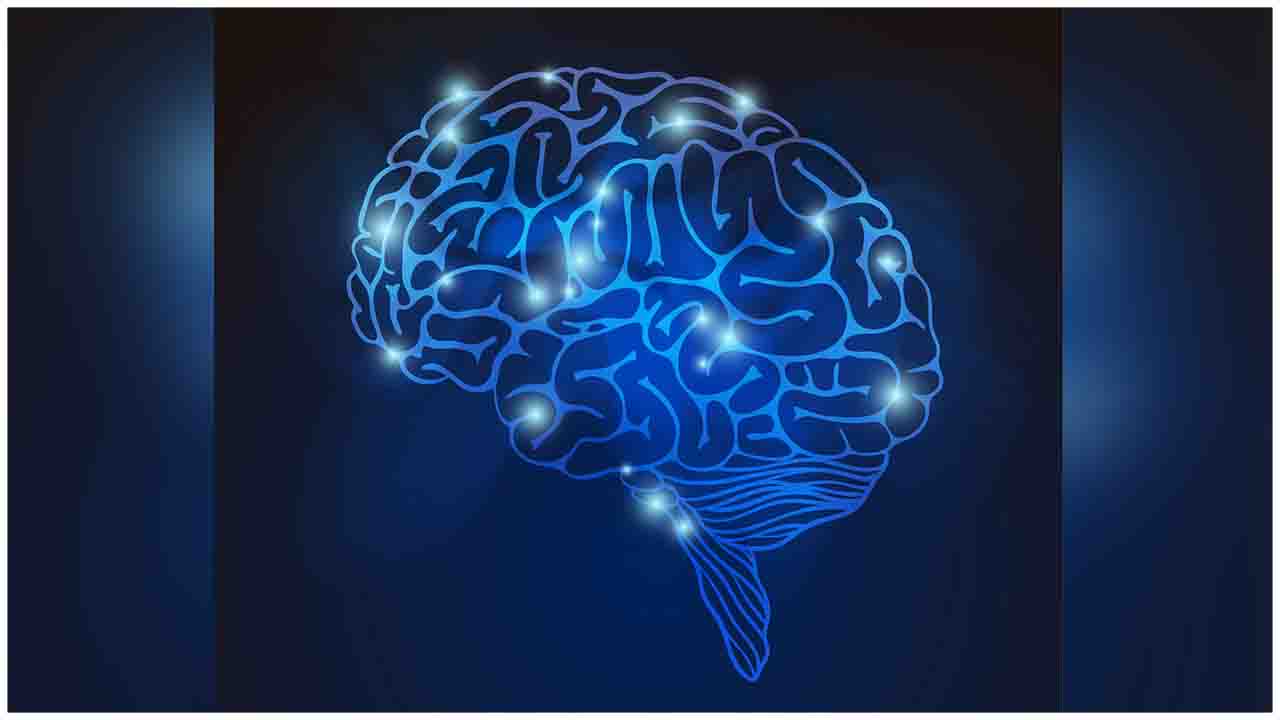A study of 153 patients treated in UK hospitals during the acute phase of the COVID-19 pandemic describes a range of neurological and psychiatric complications that may be linked to the disease and is published today in The Lancet Psychiatry journal.
All of the patients included in the study were selected for inclusion by expert doctors and therefore likely represent the most severe cases. It is not possible to draw conclusions about the total proportion of COVID-19 patients likely to be affected based on this study and in light of these findings further research is now needed, the authors say.
Researchers say their report offers the first detailed snapshot of the breadth of neurological complications in COVID-19 patients and should help to direct future research to establish the mechanisms of such complications so that potential treatments can be developed.
Dr Benedict Michael, lead-author of the study, from The University of Liverpool said: “There have been growing reports of an association between COVID-19 infection and possible neurological or psychiatric complications, but until now these have typically been limited to studies of ten patients or fewer. Ours is the first nation-wide study of neurological complications associated with COVID-19, but it is important to note that it is focused on cases that are severe enough to require hospitalisation.”
To investigate the breadth of COVID-19 complications that affect the brain, researchers set up a secure, UK-wide online network for specialist doctors to report details of specific cases. These portals were hosted by professional bodies representing specialists in neurology, stroke, psychiatry and intensive care. Data was collected between 2 April and 26 April 2020, during the exponential phase of the pandemic.
Professor Sarah Pett co-author of the study, from University College London, UK, said: “This data represents an important snapshot of the brain-related complications of COVID-19 in hospitalised patients. It is critically important that we continue to collect this information to really understand this virus fully. We also need to understand brain-complications in people in the community who have COVID-19 but were not sick enough to be hospitalised. Our study provides the foundations for larger, hospital and community-based studies. These studies will help inform on the frequency of these brain complications, who’s most at risk of getting them, and ultimately how best to treat." [1]
Some 153 cases were reported during the study period, of which full clinical details were available for 125 patients. The study included patients with confirmed COVID-19 infection by PCR test (114 people), probable infection as diagnosed from chest X-rays or CT scans (6 people), and possible infection, where patients had symptoms consistent with disease but diagnostic tests were either negative or not done (5 people).
The most common brain complication observed was stroke, which was reported in 77 of 125 patients. Of these, 57 patients had a stroke caused by a blood clot in the brain, known as an ischaemic stroke, nine patients had a stroke caused by a brain haemorrhage, and one patient had a stroke caused by inflammation in the blood vessels of the brain. Age data was available for 74 of the patients who experienced a stroke and the majority were over 60 years of age (82%, 61/77).
39 patients showed signs of confusion or changes in behaviour reflecting an altered mental state. Of these, nine patients had unspecified brain dysfunction, known as encephalopathy, and seven patients had inflammation of the brain, medically termed encephalitis. Long-term follow-up studies to assess duration and severity of these complications are needed.
The remaining 23 patients with an altered mental state were diagnosed with psychiatric conditions, of which the vast majority were determined as new diagnoses by the notifying psychiatrist (92%, 21/23). Although most psychiatric diagnoses were determined as new by the notifying psychiatrist or neuropsychiatrist, the researchers say they cannot exclude the possibility that these were undiagnosed before the patient developed COVID-19.
The 23 patients with psychiatric diagnoses included ten patients with a new-onset psychosis and six patients with a dementia-like syndrome. Seven patients had signs of a mood disorder, including depression and anxiety (7/23).
Age information was available for 37 of the 39 patients with an altered mental state and of those, around half were aged under 60 years of age (49%, 18/37).
The researchers say the high proportion of younger patients diagnosed with psychiatric conditions after showing signs of an altered mental state could be because these patients may be more likely to be referred to a psychiatrist or other specialist doctor, whereas confusion or behaviour changes in older patients may be more likely to be attributed to delirium and not investigated further. Detailed long-term studies are needed in order to confirm if there is any link between COVID-19 infection and the onset of psychiatric or neuropsychiatric complications in younger patients. Such studies should include comparison of the immune response in affected patients and those not affected, as well as investigation of genetic factors that might underpin the development of disease, the researchers say.
Dr Benedict Michael, one of the lead authors of the study, from the University of Liverpool, said: “Our study is an important early step towards defining neurological complications in COVID-19 patients, which will help with health policy planning as well as informing the immediate next steps in COVID-19 neuroscience research. We now need detailed studies to understand the possible biological mechanisms underlying these complications so that we can explore potential treatments.”

 Early stage study of 153 hospitalised patients provides a snapshot of brain complications in patients with COVID-19
Early stage study of 153 hospitalised patients provides a snapshot of brain complications in patients with COVID-19











.jpeg)

.jpeg)
.jpeg)

.jpeg)


.jpeg)



.jpeg)
.jpeg)
.jpeg)


.jpg)


.jpeg)
.jpeg)